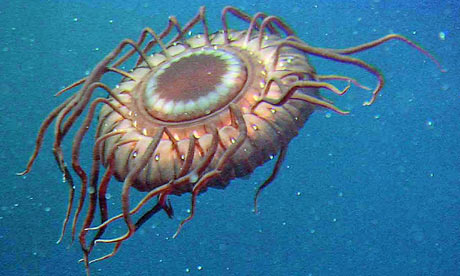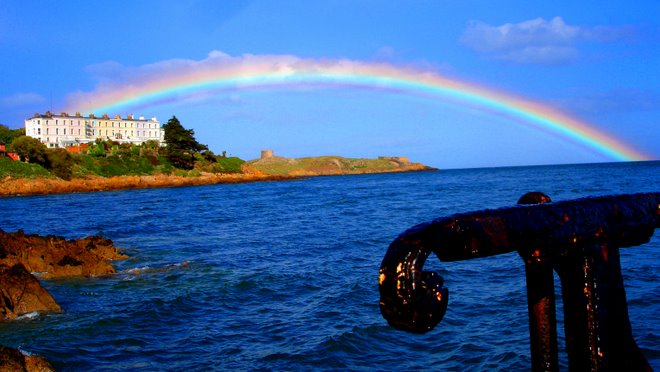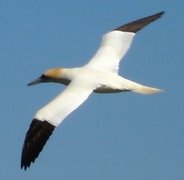How did they count all the fish in the sea?
Scientists have estimated the number of marine species in our oceans. But how did they do it?

Earlier this week, the census of marine life was published, concluding that there are more than 230,000 species in our oceans. And for every marine species known to science, at least four have yet to be discovered.
For the layperson, two questions spring to mind. First, how on earth do you count all those fish? Second, how can scientists put a number on what Donald Rumsfeld would call the "known unknowns"?
Dr Tom Webb, a marine ecologist at the University of Sheffield who worked on the census, says that many different methods are used to count marine species, but that it "often will come down to some poor bloke in a lab counting things" – molluscs in mud samples, plankton in seawater samples. "For species in the North Sea we will use trawl surveys from the fishing industry," he says. "With coral reefs in, say, Fiji we will use visual surveys conducted by divers, who simply count what they see in front of them. Scientists might also conduct their own fishing expeditions to collect invertebrates. And we might even use a sieve to sort through samples of mud from the sea bed. We then extrapolate from this tiny portion of the sea what the whole ocean might contain."
When it comes to estimating how many species are yet to be discovered, Webb says scientists use a technique called "rarefaction": "Imagine a garden pond. When you first put the net in everything will be new to you, but the second time you do it, you will have already seen some of the species from your first trawl. Your rate of discovery will keep on declining over time. In the deep oceans, we still have a one-in-three chance of discovering something new, whereas in the North Sea we are close to having a full understanding of all the species it supports." But perhaps that's because we've battered and served with chips just about everything we've ever found in the North Sea?
• This article was amended on 4 August 2010. In the original, "known unknowns" was attributed to Dick Cheney. This has been corrected.




No comments:
Post a Comment